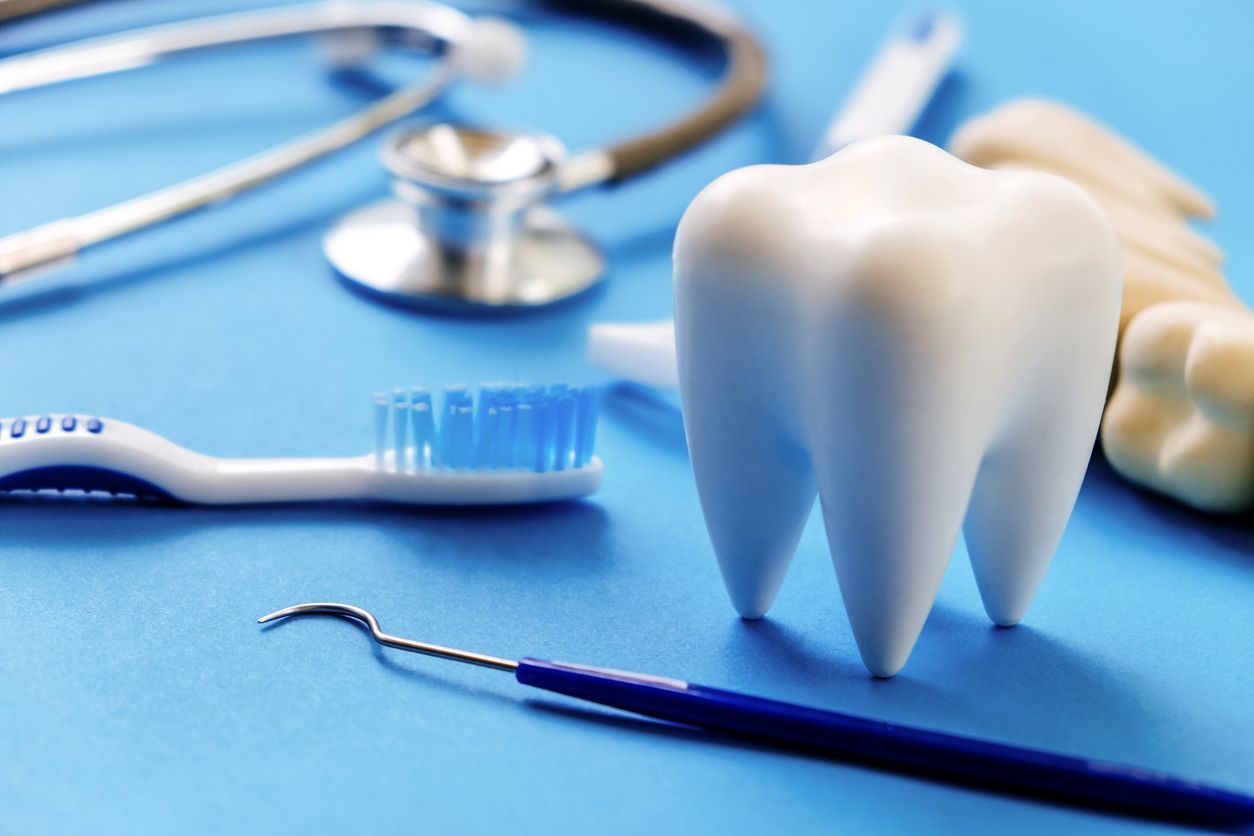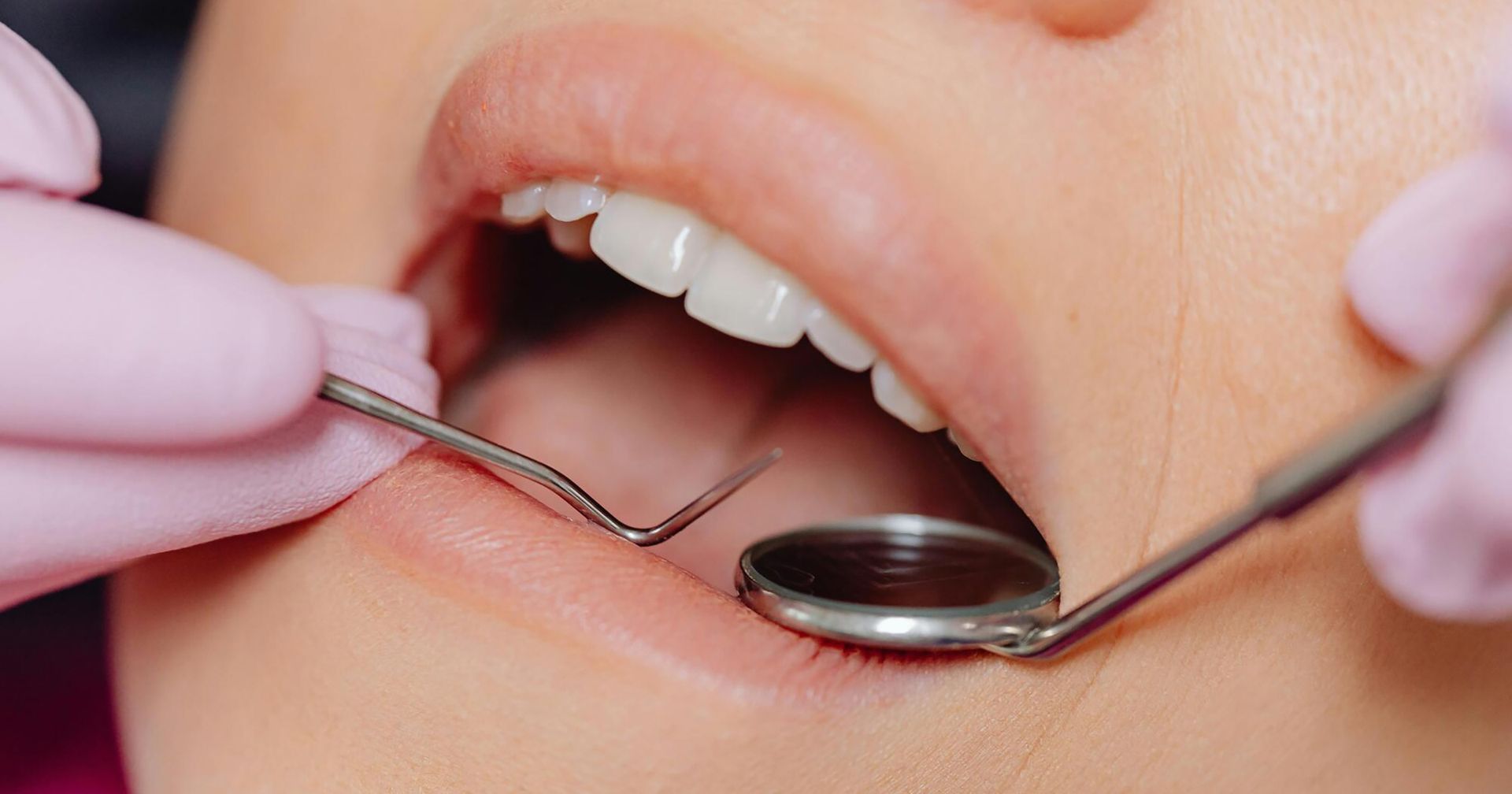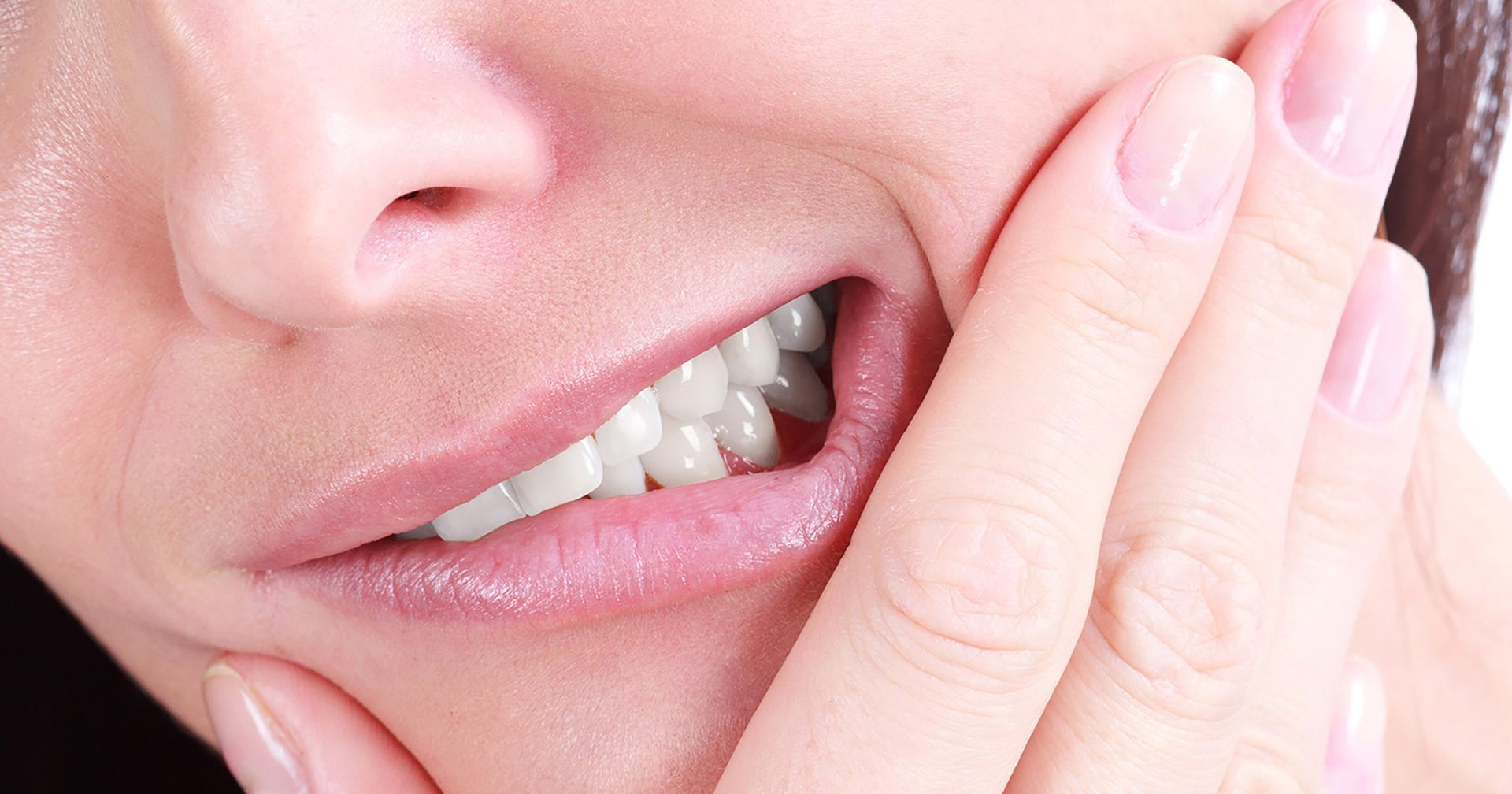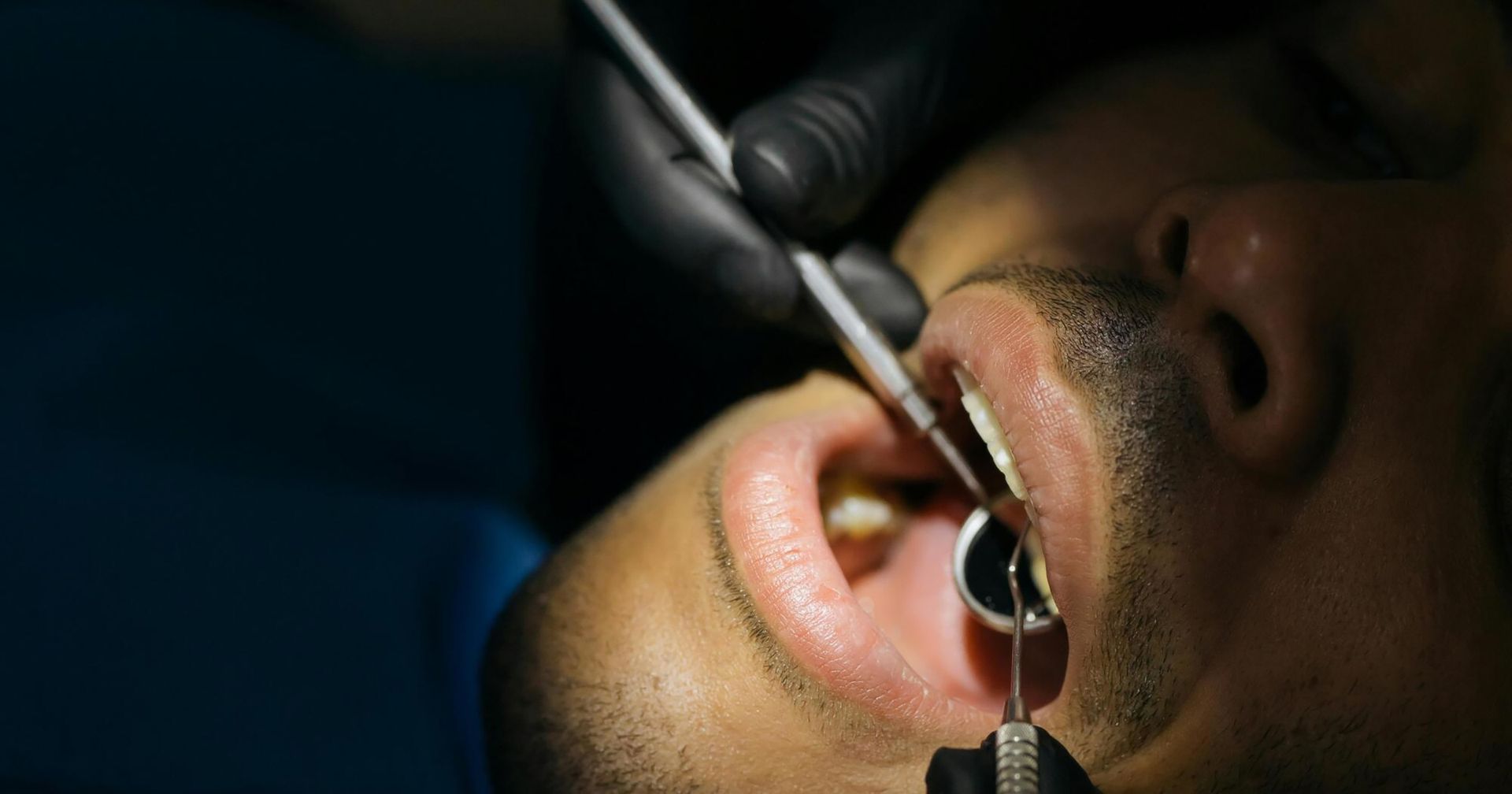
The stages of gum disease can emerge quickly and undermine your dental health, as well as your overall health. Learn how to quickly identify gum disease.
Did you know that, according to the CDC, more than 42% of adults over 30 show signs of gum disease? Gum problems can start quietly, but if ignored, they can lead to serious health issues. The stages of gum disease progress quickly, starting with mild irritation and potentially ending in tooth loss.
Today, we're taking a closer look at how gum disease develops, what symptoms to watch for, and what you can do to protect your oral health before it gets worse.
What Is Gum Disease?
Gum disease is an infection in the tissues around your teeth. It usually starts with plaque buildup that sticks to your teeth and irritates your gums.
If left untreated, this irritation can turn into inflammation and infection that spreads deeper into your mouth. It can damage the bone that supports your teeth and eventually lead to tooth loss.
There are three core points to understand:
- Gum disease starts with plaque buildup
- It causes inflammation and affects the tissues supporting the teeth
- It can lead to tooth loss if not treated
Gum Disease Starts with Plaque Buildup
Plaque is a sticky film made of bacteria. It forms on your teeth throughout the day.
If you don't brush and floss regularly, plaque hardens into tartar. Tartar traps more bacteria and makes it harder to clean your teeth properly.
It Causes Inflammation
The bacteria in plaque cause your gums to become:
- Red
- Swollen
- Irritated
The inflammation is your body's reaction to the infection. If the infection spreads below the gumline, it can break down the tissue and bone that hold your teeth in place.
It Can Lead to Tooth Loss If Not Treated
Gum disease can move quickly from a mild problem to one that affects your entire mouth. When the tissue and bone are damaged, your teeth may loosen and fall out. Without treatment, gum disease becomes harder to manage and can lead to long-term health issues.
Recognizing the Symptoms of Gum Disease
Knowing the early signs of gum trouble can make a big difference in how your oral health holds up over time. There are three main signs to watch for if you think you might have a problem:
- Bleeding or swollen gums
- Bad breath that won't go away
- Receding gums or loose teeth
Bleeding or Swollen Gums
Healthy gums don't bleed when you brush or floss. If you start to notice blood on your toothbrush or in the sink, your gums may be inflamed.
Swelling or tenderness is another sign that something isn't right. These are often the first symptoms of gum disease and shouldn't be ignored.
Bad Breath That Won't Go Away
Persistent bad breath, even after brushing, can be a clue that bacteria are building up around the gums. This kind of odor is different from what you might notice after eating certain foods. It usually points to a deeper infection or trapped food under the gum line.
Receding Gums or Loose Teeth
If your teeth start to look longer or feel loose, your gums could be pulling away. It can create pockets where bacteria grow and spread. Over time, this weakens the structure that keeps your teeth in place.
The Stages of Gum Disease
Gum disease moves through different stages, each with more serious effects on your teeth and gums. There are four main stages of gum disease to know:
- Gingivitis
- Early Periodontitis
- Moderate Periodontitis
- Advanced Periodontitis
Gingivitis
This is the first stage of gum disease. It often shows up as red or swollen gums that bleed when you brush.
Plaque builds up on your teeth and starts to irritate the gums. At this stage, there's no damage to the bone, and the problem can still be reversed with better brushing and regular cleanings.
Early Periodontitis
When gingivitis isn't treated, it can become early periodontitis. The infection spreads below the gumline, and your body starts to respond by breaking down the tissue and bone that support your teeth. You might notice your gums pulling back or your teeth feeling a little loose.
Moderate Periodontitis
This stage causes more bone loss and deeper pockets around the teeth. These pockets collect food and bacteria, which make the infection worse.
Teeth may shift or hurt while chewing. At this point, your dentist may recommend more serious treatment to stop the damage.
Advanced Periodontitis
The last stage brings severe bone loss and deep pockets. Teeth may become very loose or fall out.
The gums shrink, and infection can spread through the mouth. Pain and swelling are more common. At this point, some damage may be permanent, and surgery or extractions may be needed.
Preventing Gum Disease: Daily Habits That Help
Gum disease is often preventable with a few simple habits. By staying consistent, you can lower your chances of infection and keep your gums strong.
Three main habits help in preventing gum disease:
- Brushing and flossing every day
- Visiting your dentist regularly
- Avoiding tobacco and sugary snacks
Brushing and Flossing Every Day
Plaque builds up fast, so brushing twice a day helps clear it away before it causes trouble. Flossing reaches spots your toothbrush can't get to, like between your teeth and under the gumline. If you skip these steps, bacteria can grow and lead to infection.
Visiting Your Dentist Regularly
Regular checkups and cleanings help catch problems early. Your dentist can see signs of gum disease before you feel them. A deep cleaning might be needed now and then, even if your teeth look fine on the surface.
Avoiding Tobacco and Sugary Snacks
Smoking and chewing tobacco can harm your gums and slow healing. Sugary drinks and snacks feed the bacteria in your mouth and make plaque worse. Cutting back on these habits gives your gums a better chance to stay healthy.
Gum Disease Treatment in Stockton
The stages of gum disease can start quietly but lead to serious problems if left untreated.
At Galvez Dental in Stockton, CA, we care for patients of all ages with personalized, compassionate service. Our family-owned practice offers everything from preventive care to cosmetic treatments, including Invisalign. We're proud to create a comfortable environment where families feel welcome and supported in reaching and maintaining great oral health.
Get in touch today to find out how we can help with
your gum health!










